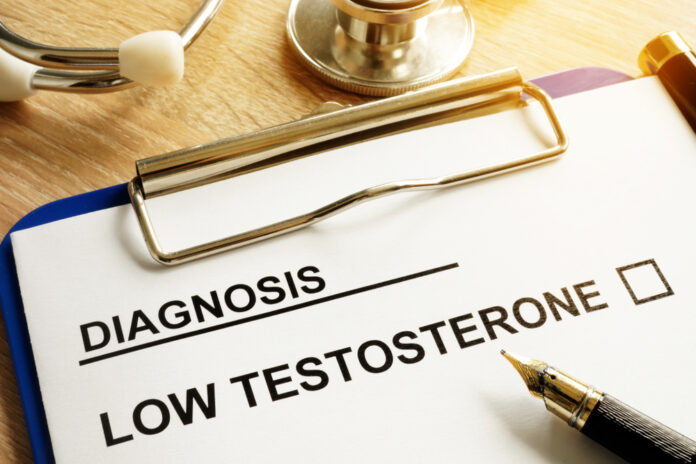
Men’s testosterone levels vary substantially. However, in comparison to younger men, elderly men often have lower testosterone levels. Throughout maturity, testosterone levels gradually decrease; around the age of 30, this decline averages one percent every year.
Only a blood test can determine whether someone has low testosterone. Some guys have lower testosterone levels than usual without exhibiting any symptoms. Most males don’t require any kind of treatment. However, some who have extremely low testosterone levels may be at risk for osteoporosis. Others may experience changes in their bodies, emotions, sleep cycles, and sexual function as a result of low testosterone.
There are ways that you might be able to boost your testosterone naturally, and most of the changes are quite simple.
Improve Your Diet
Monitoring your diet can help your testosterone in two significant ways. Not only can it help promote weight loss and a healthy weight, but it can also reduce the chance of blood sugar spikes. A healthy diet includes plenty of vegetables and fruits, whole-grain carbohydrates, healthy fats, and lean protein.
Mix Up Your Workout
Exercise, in general, can aid in weight loss and/or weight maintenance. Studies now show that being overweight might affect testosterone levels. Therefore, adopting a fitness routine aimed at losing weight if you aren’t currently active may assist raise your levels.
Cardio is a fantastic method to burn a lot of calories, and strength training can assist to increase your metabolism so that you burn calories even when you’re not working out. Additionally, strength training, in particular, can help you regain some of the muscle mass that low testosterone may have caused you to lose.
Remember that everyone’s level of fitness varies, so the ideal technique for you to burn calories can be different from the guy on the treadmill next to you, whether you’re new to exercise or just starting up again. Cardio may involve a long run, but it can simply involve brisk strolling as well.
Manage Your Stress Level
Stress has an impact on every aspect of your health, including your testosterone levels.
Your body releases the hormone cortisol when you are under stress, allowing you to adjust to the stress and work through it more easily. However, persistent stress causes you to be exposed to cortisol for an extended period of time. Research has shown that this lowers the amount of free testosterone in the blood.
Spending time on yourself and doing something you enjoy every day, even for a short while, is one of the best methods to reduce stress. It might also require following through on reminders to take deep breaths, be in the moment, and unwind physically and mentally.
Summary
There are a variety of ways to naturally boost your testosterone levels, but these three will improve your physical and mental health as well. Talk with your doctor if you’re concerned about your levels. They may have ideas as well.


















